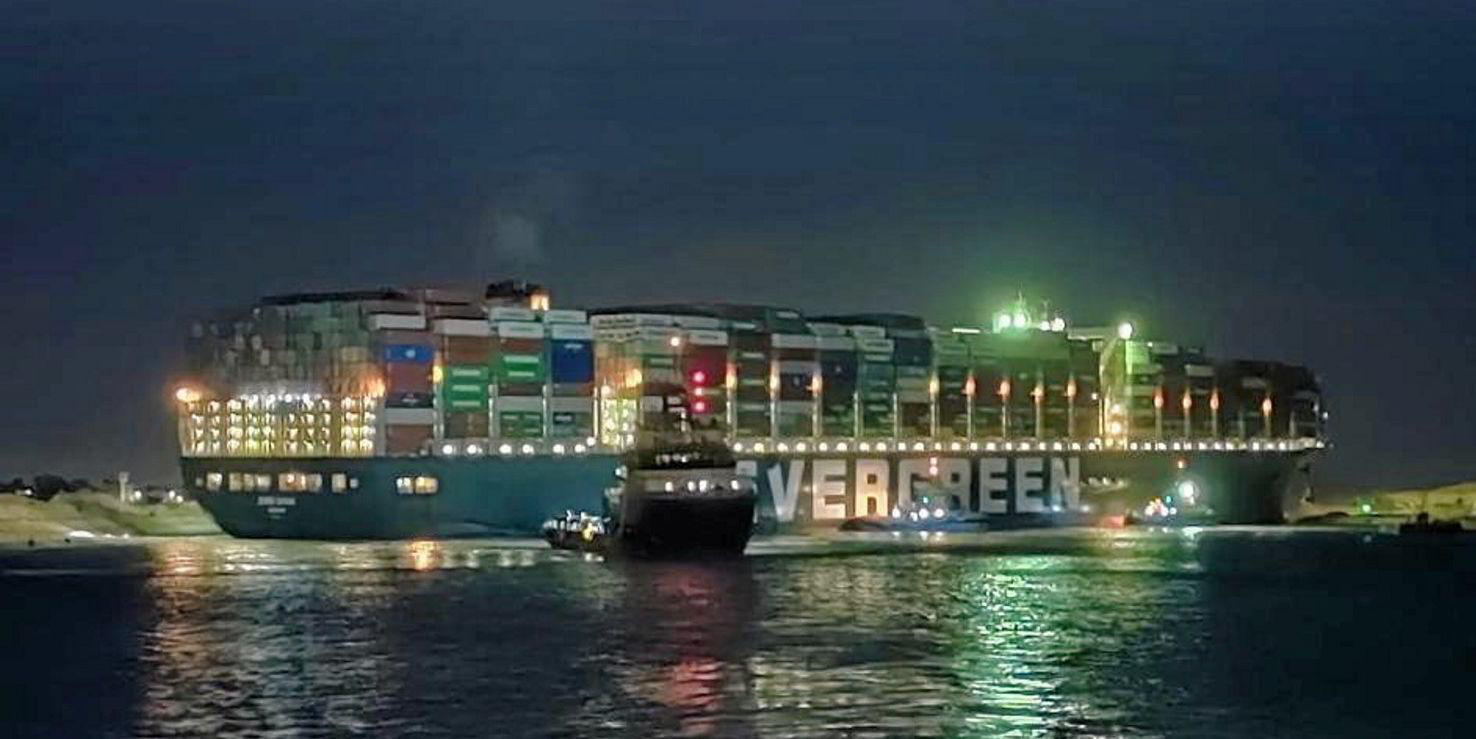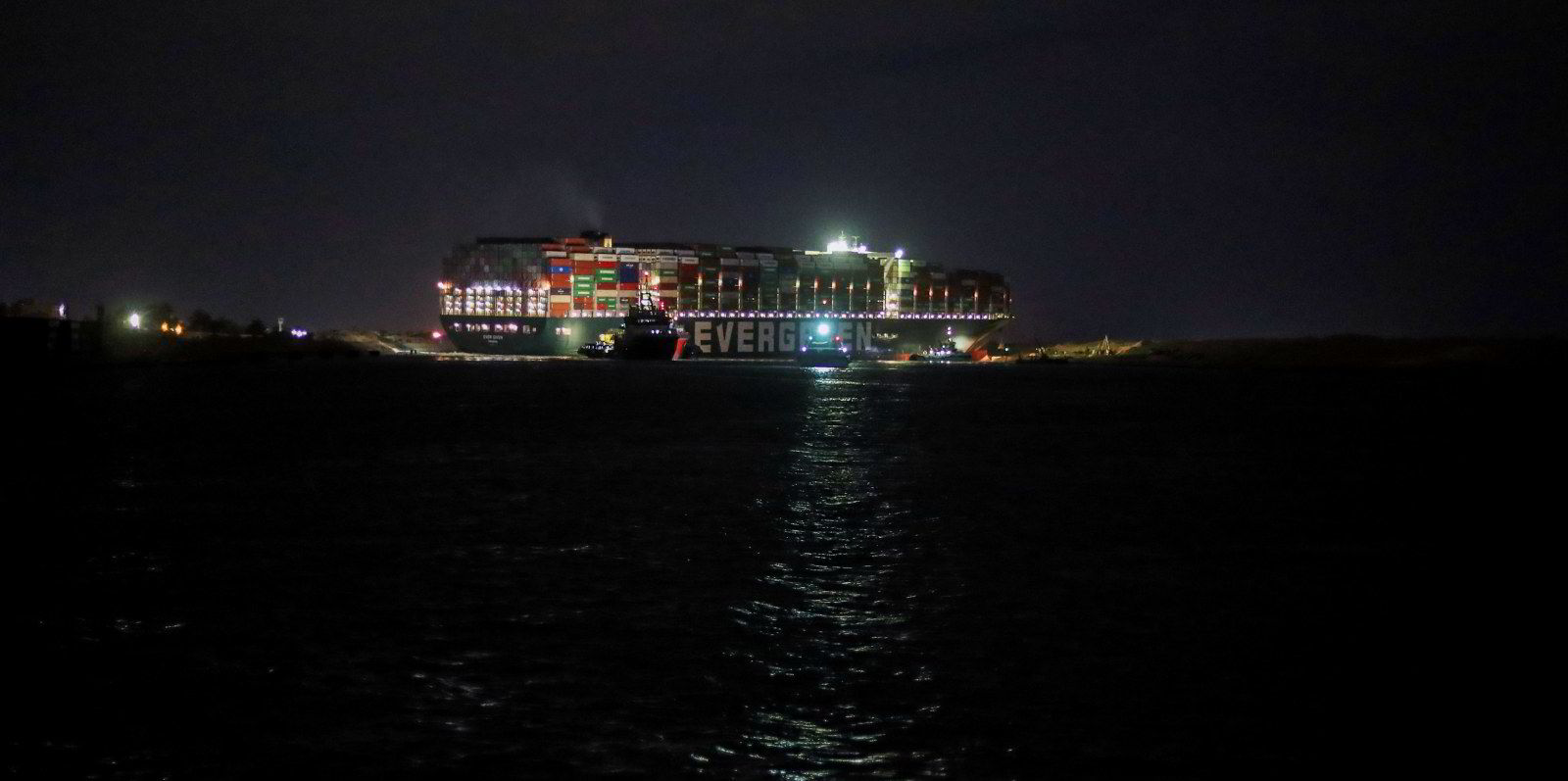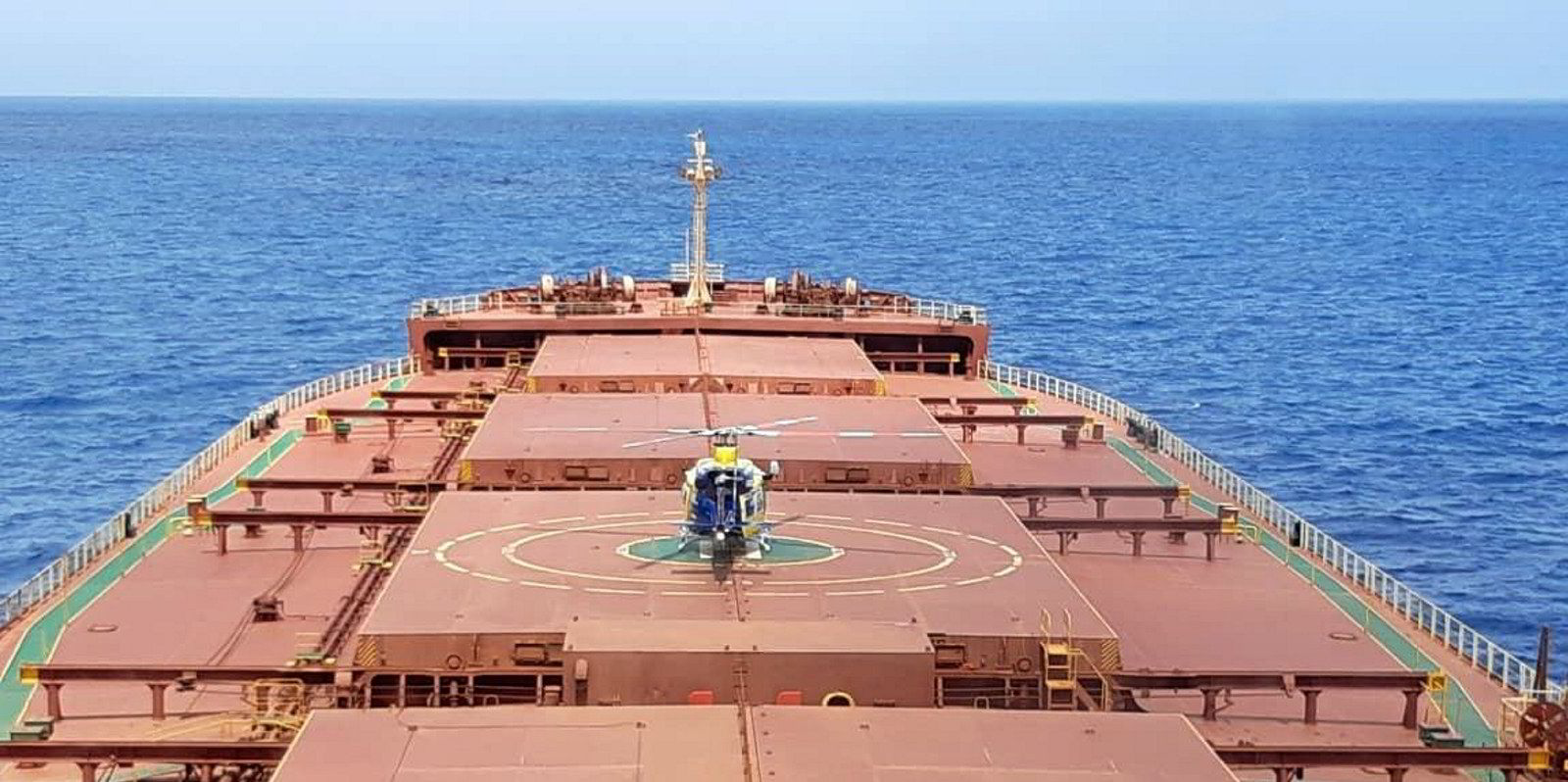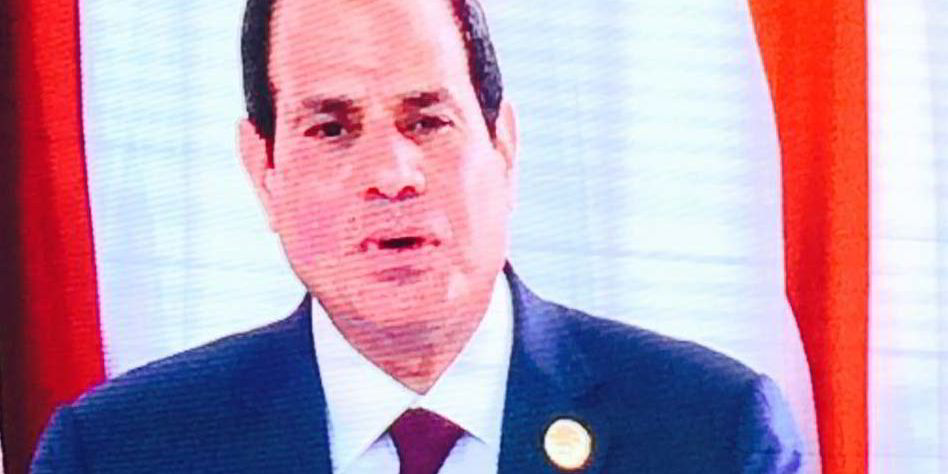The grounding of the giant containership Ever Given has proved that double-tracking the full length of the Suez Canal is an absolute necessity.
The waterway’s closure has shown just how much global trade depends on one 200-metre-wide ditch linking the Mediterranean with the Red Sea.
All it took was one big ship to wedge itself across the width of the canal for more than a week to throw the finely tuned maritime logistics system between Asia and Europe into disarray.
The grounding of the 20,388-teu Ever Given (built 2018) became front-page news worldwide, followed by people for whom shipping barely ever registers on their radar.
Factories in Europe that depend on just-in-time deliveries of components made in Asia face serious shortages, with reports suggesting that many may be forced to shut manufacturing lines temporarily.
Gourmet grocery stores in Asia have warned customers that those sweet little cherry tomatoes from Portugal and Morocco will soon be out of stock. These are only two examples of how the world has been affected.
The repercussions will continue for weeks, thanks to the backlog of hundreds of ships at either end of the canal. Other ships were diverted around the Cape of Good Hope, adding weeks to the time it will take to deliver their cargoes.
The Suez Canal Authority said it would take a few days to clear the backlog, leaving discharge and loading ports that are already running close to maximum capacity bracing for a deluge of ships that will cause congestion problems that could last weeks more.
None of this would have happened if there were two channels available the full length of the canal.
Egypt, which owns and operates the canal, partially addressed this problem less than a decade ago when it dug a second canal the length of the 72-km (45-mile) northern section, allowing continuous two-way traffic from the Great Bitter Lake to the Mediterranean.

If the Ever Given had run aground in the northern section, there might have been delays, but traffic would not have come to a complete stop.
Alas, it ran aground in the single-lane southern section, leaving no capability for other ships to divert around it.
The Suez Canal Authority built the New Suez Canal to increase capacity and alleviate congestion.
Dredging and dry-digging work began in August 2014. As with any such huge undertaking, there were plenty of sceptics who claimed that Egypt did not have the capability to build a new canal and that the timeline of a year was far too ambitious.
Shipping players expressed concerns that the industry would be forced to pay for the project through inflated toll costs.
The total bill came in at $8.5bn, according to official government figures. Building the extension itself was said to have cost $3.8bn. Digging seven new road tunnels under it cost about the same again.
The project was funded domestically through the selling of about $8.4bn of “investment certificates” — Egyptian pound-denominated five-year notes paying 12% at maturity — the repayment of which would be secured by future canal revenues. The Suez Canal Authority described the project as totally self-funding.
The work was done at an unbelievably fast pace. In August 2015, a mere 12 months after the first digger got to work, President Abdel Fattah al-Sisi opened the New Suez Canal, declaring it Egypt’s gift to the world.
It was a remarkable gift that proved the sceptics wrong. And the canal tolls did not increase dramatically.
With the Ever Given proving just how vulnerable the 67-km southern section remains to any casualty incident, it is to be hoped that al-Sisi is giving serious consideration to extending the New Suez Canal all the way to the Red Sea.
Not only will it remove that vulnerability, it will give the canal the capacity to handle global trade growth well into the future.
And after experiencing severe disruptions over the past week, perhaps this time the shipping industry and the world at large will be willing to help pay.







